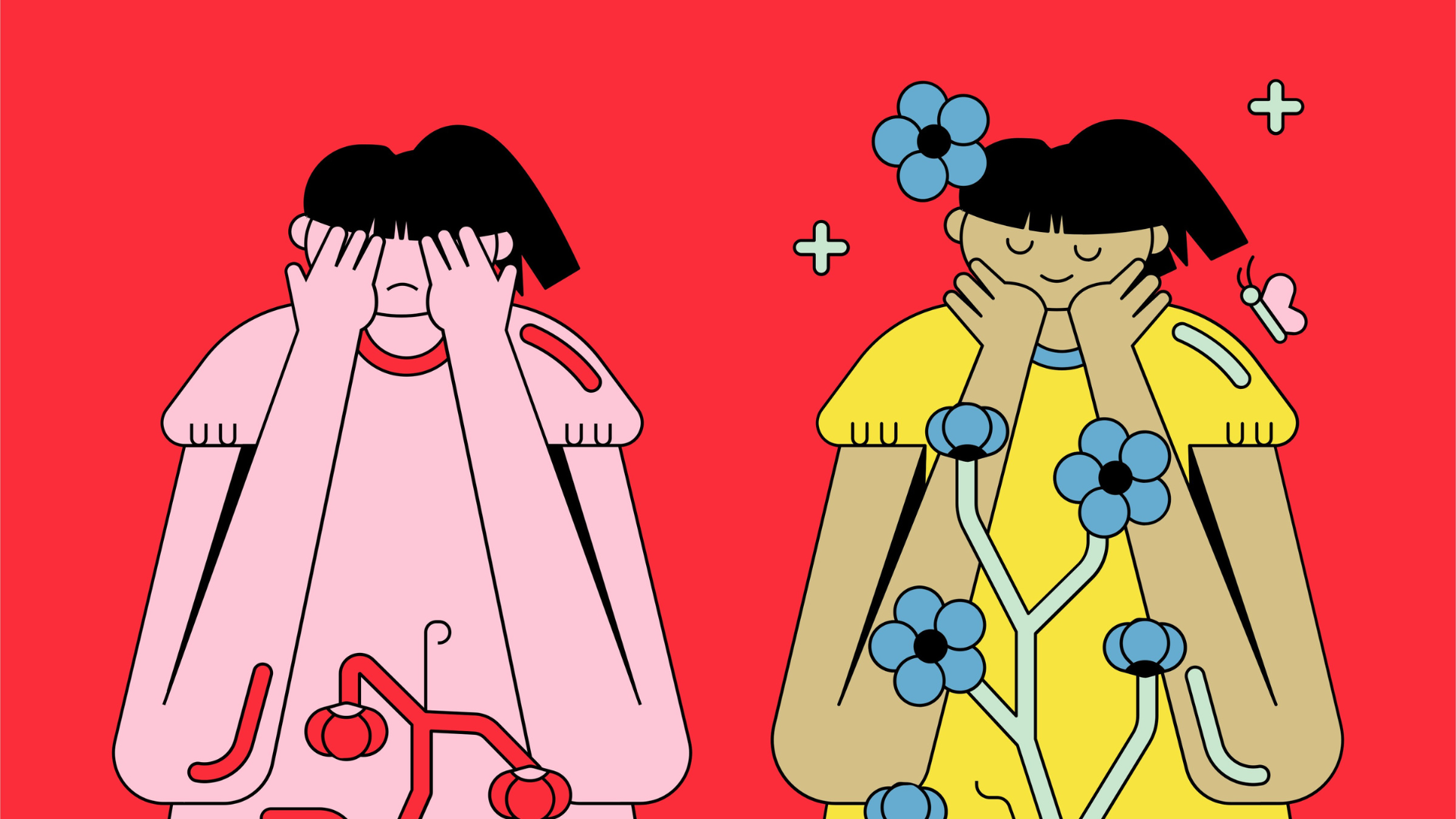
Befriending Yourself
When to Use This Tool:
Use this exercise when you notice self-criticism, low self-worth, or inner harshness surfacing—especially in times of struggle or emotional pain. It's especially helpful during reflective moments, therapy sessions, or whenever you're working to build emotional resilience and inner safety.
Why This Matters:
This practice—rooted in Mindful Self-Compassion (MSC)—helps you shift from being your own inner critic to becoming your inner ally. By comparing how you treat a struggling friend to how you treat yourself, you begin to uncover harmful self-talk patterns and create space for a more supportive, kind relationship with yourself.
_____
Befriending Yourself
Using Mindful Self Compassion (MSC) To Create A Friendly Relationship With Yourself
“Through self-compassion we become an inner ally instead of an inner enemy.”
— Kristen Neff (co-founder of the Center for Self Compassion)
Mindful Self Compassion, otherwise known as MSC, is the practice of bringing together mindfulness and self compassion in a way that supports creating emotional resiliency.
MSC combines meditations, self-reflection, loving kindness practices, and awareness exercises with the intention of helping you cultivate an inner kindness towards yourself. This inner kindness can support you in lowering stress levels, alleviating anxiety, calming the “inner critic,” and accepting yourself as you are.
Exercise:
1. When a friend is struggling, how do I treat them?
Take a moment to go inwards. Close your eyes and take a couple of deep breaths in your own time. Now return to your normal breathing. Think about a time when a friend has come to you with a struggle they are having — maybe they are experiencing a lack of confidence, had a relationship end, or perhaps they received some challenging news.
What would you say to a friend who was in a situation like that?
What tone of voice would you use with them?
What nonverbal gestures would you offer?
What body posture would you take?
Take a moment to write down your response. Take your time, there’s no rush.
2. When I am struggling, how do I treat myself?
Close your eyes and bring to mind a time in your life where you were having a challenging moment or a struggle. Maybe you had a similar situation as your friend, or maybe it was different. Take a breath and think about how you normally respond and treat yourself during those challenging moments.
Notice how you speak to yourself, your tone of voice, how you hold yourself, any ways that you gesture to yourself.
Create a clear picture of this in your mind’s eye, and when you have it, write down what you noticed.
3. Now that you’ve had a moment to think about how you treat a friend in a challenging time vs how you treat yourself, take some time to think about how they are different.
Journal about your discoveries and if you became aware of any patterns.
This practice can help you become aware of your inner self-talk and your “inner critic.” Building awareness of the way you speak to yourself is the first step towards being able to create a kinder and more compassionate relationship with your own being.
Sources:
This handout has been adapted from the Mindful Self-Compassion Workbook written by Kristin Neff and Christopher Germer in 2018.
Meet Drew Anne!
This is the author of the article, if you liked it or have any additional questions you can book a session with this expert.
Get supported
Befriending Yourself
When to Use This Tool:
Use this exercise when you notice self-criticism, low self-worth, or inner harshness surfacing—especially in times of struggle or emotional pain. It's especially helpful during reflective moments, therapy sessions, or whenever you're working to build emotional resilience and inner safety.
Why This Matters:
This practice—rooted in Mindful Self-Compassion (MSC)—helps you shift from being your own inner critic to becoming your inner ally. By comparing how you treat a struggling friend to how you treat yourself, you begin to uncover harmful self-talk patterns and create space for a more supportive, kind relationship with yourself.
_____
Befriending Yourself
Using Mindful Self Compassion (MSC) To Create A Friendly Relationship With Yourself
“Through self-compassion we become an inner ally instead of an inner enemy.”
— Kristen Neff (co-founder of the Center for Self Compassion)
Mindful Self Compassion, otherwise known as MSC, is the practice of bringing together mindfulness and self compassion in a way that supports creating emotional resiliency.
MSC combines meditations, self-reflection, loving kindness practices, and awareness exercises with the intention of helping you cultivate an inner kindness towards yourself. This inner kindness can support you in lowering stress levels, alleviating anxiety, calming the “inner critic,” and accepting yourself as you are.
Exercise:
1. When a friend is struggling, how do I treat them?
Take a moment to go inwards. Close your eyes and take a couple of deep breaths in your own time. Now return to your normal breathing. Think about a time when a friend has come to you with a struggle they are having — maybe they are experiencing a lack of confidence, had a relationship end, or perhaps they received some challenging news.
What would you say to a friend who was in a situation like that?
What tone of voice would you use with them?
What nonverbal gestures would you offer?
What body posture would you take?
Take a moment to write down your response. Take your time, there’s no rush.
2. When I am struggling, how do I treat myself?
Close your eyes and bring to mind a time in your life where you were having a challenging moment or a struggle. Maybe you had a similar situation as your friend, or maybe it was different. Take a breath and think about how you normally respond and treat yourself during those challenging moments.
Notice how you speak to yourself, your tone of voice, how you hold yourself, any ways that you gesture to yourself.
Create a clear picture of this in your mind’s eye, and when you have it, write down what you noticed.
3. Now that you’ve had a moment to think about how you treat a friend in a challenging time vs how you treat yourself, take some time to think about how they are different.
Journal about your discoveries and if you became aware of any patterns.
This practice can help you become aware of your inner self-talk and your “inner critic.” Building awareness of the way you speak to yourself is the first step towards being able to create a kinder and more compassionate relationship with your own being.
Sources:
This handout has been adapted from the Mindful Self-Compassion Workbook written by Kristin Neff and Christopher Germer in 2018.
Meet Drew Anne!
This is the author of the article, if you liked it or have any additional questions you can book a session with this expert.
Get supportedRelated Articles

Elizabeth Gilbert | The Simple Practice That Changed Her Life (and might change yours)
This heartfelt podcast episode features author Elizabeth Gilbert sharing her ritual of writing letters from love to herself—a practice that nurtures self-compassion, resilience, and healing in tough moments.

Good Life Project Podcast
April 20, 2025

Paying Attention to Sensations Can Help Reset the Mind
This article explores how tuning into bodily sensations can quiet the mind, boost focus, and support emotional regulation—offering a simple, science-backed path to reset through present awareness.

Scientific American
April 20, 2025

The Weave
The Weave is a visual tool that helps people with chronic pain or stress see how their environment impacts healing, so they can set boundaries and focus energy on what truly supports them.

Dr. Trung Ngo
April 18, 2025
